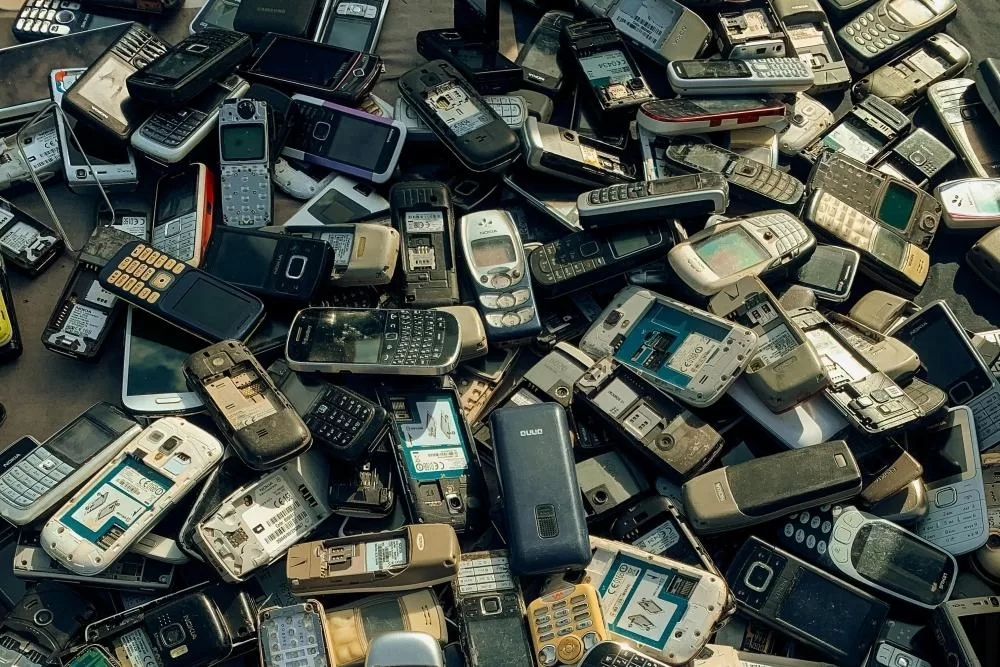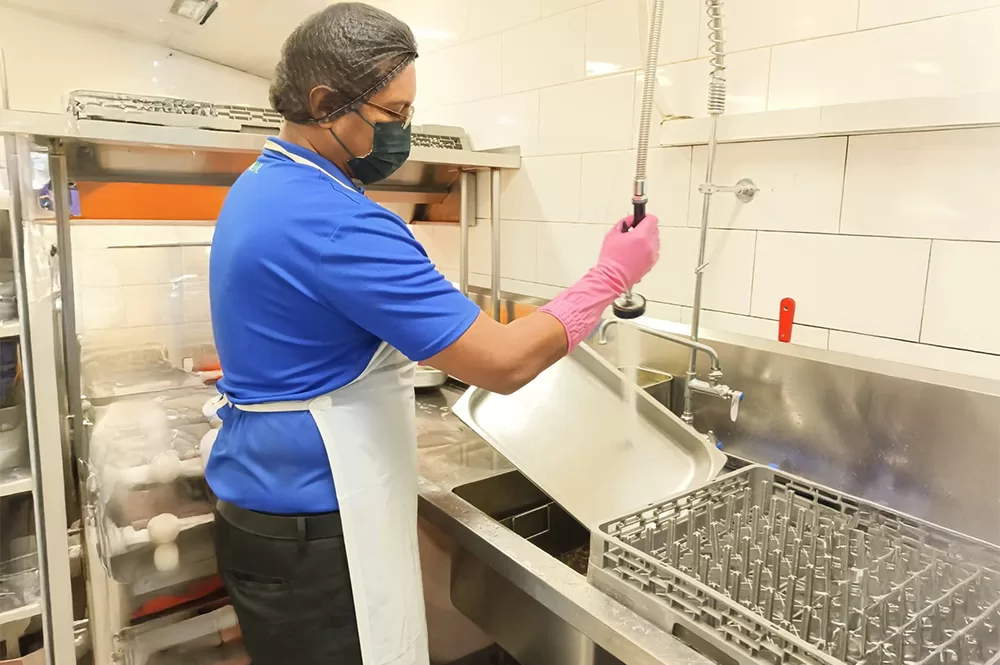Electronic waste, or e-waste, refers to discarded electronic devices such as smartphones, laptops, refrigerators, and televisions. As technology advances, the volume of e-waste generated globally — and in Singapore — is growing five times faster than the recycling rate.
This surge in e-waste presents a significant environmental challenge. Improper handling or disposal can release hazardous substances, leading to soil and water contamination, air pollution, and serious risks to human health. To mitigate these issues, partnering with a reputable waste management company in Singapore that offers specialised waste disposal services is essential.
Understanding the importance of proper e-waste disposal is not only a regulatory necessity but also a crucial step towards building a cleaner, greener, and more sustainable future.
Why Proper Electronic Waste Disposal Matters
Improper disposal of electronic waste poses risks that extend far beyond overflowing landfills. Electronic devices contain a mix of heavy metals, toxic chemicals, and valuable resources. When e-waste is discarded irresponsibly, these materials can leach into the environment and cause long-lasting harm.
Soil and Water Contamination: Heavy metals like lead, mercury, and cadmium can seep into soil and water sources, endangering ecosystems and human health. These toxins may enter the food chain, accumulating in plants and animals, and ultimately affecting people.
Air Pollution: Burning e-waste releases harmful pollutants into the atmosphere, contributing to respiratory illnesses and other health problems. In some regions, open burning of electronic waste is common, releasing toxic fumes that threaten entire communities.
Health Hazards: Exposure to hazardous materials in e-waste can result in skin irritation, respiratory issues, organ damage, or even cancer. Workers engaged in informal recycling are especially vulnerable to these risks without proper waste disposal services and safety measures.
Data Security: Many discarded devices still contain sensitive personal or financial data. Improper e-waste disposal can lead to data breaches, identity theft, and security risks. Ensuring data is permanently erased or destroyed is a critical step before recycling or disposal.
Responsible E-Waste Management Practices
Responsible e-waste management involves a multi-faceted approach that prioritises environmental protection, resource recovery, and data security. Here are some key practices:
Data Wiping: Before disposing of electronic devices, ensure that all personal and sensitive data is securely erased. This can be done through specialised software programmes or by physically destroying storage devices.
Component Recovery: E-waste contains valuable materials such as gold, silver, and copper that can be recovered and reused. Responsible e-waste recycling involves dismantling devices, separating components, and recovering materials for reuse. Some components can even be upcycled into new products, giving them a second life and further reducing waste.
Safe Handling of Hazardous Materials: Electronic waste often contains hazardous materials like batteries and mercury-containing lamps that require special handling and disposal. Partnering with professional electronic waste disposal services ensures these materials are managed safely and follows environmental regulations.
Recycling and Reuse: Many components of electronic devices — including plastics, metals, and glass — can be recycled or reused. Recycling reduces the demand for new raw materials and minimises the environmental impact of manufacturing.
In Singapore, several initiatives support responsible e-waste management:
E-Waste Collection Points: Designated collection points are available islandwide, making it convenient for residents and businesses to dispose of their electronic waste responsibly.
Recycling Programmes: Organisations and retailers run dedicated e-waste recycling programmes, offering drop-off points or collection services for used electronics.
Extended Producer Responsibility (EPR) System: Manufacturers are increasingly held accountable for the end-of-life management of their products, encouraging designs that prioritise recyclability and reuse.
By adopting these responsible e-waste management practices — and working with a trusted waste management company in Singapore — we can minimise the environmental impact of e-waste and contribute to a cleaner, greener future.
Choosing a Responsible E-Waste Recycler
When it comes to electronic waste disposal, choosing a responsible and certified waste management company in Singapore is crucial. This ensures that your electronic waste is handled safely and ethically.
Here are some key factors to consider when selecting an e-waste recycler:
- Certifications and Accreditations: Look for recyclers certified by recognised organisations, such as the National Environment Agency (NEA) in Singapore.
- Data Security: Ensure the recycler has secure data destruction practices to protect your sensitive information. Ask about their data-wiping procedures and certifications.
- Transparency and Traceability: Choose a recycler who is transparent about their processes and can provide information on how your electronic waste will be handled and processed.
- Environmental Responsibility: Partner with a company, like BNL, that is committed to environmental sustainability and prioritises responsible e-waste management practices.
- Ethical Practices: Choose a recycler who adheres to ethical labour practices and ensures fair working conditions for their employees.
Responsible Electronic Waste Disposal : A Collective Responsibility
Proper electronic waste disposal is a collective responsibility to protect our environment and safeguard public health. By understanding the risks associated with improper e-waste disposal and embracing responsible practices, we can contribute to a more sustainable future. This includes supporting initiatives like plastic recycling in Singapore to ensure that valuable materials are recovered and reused.




